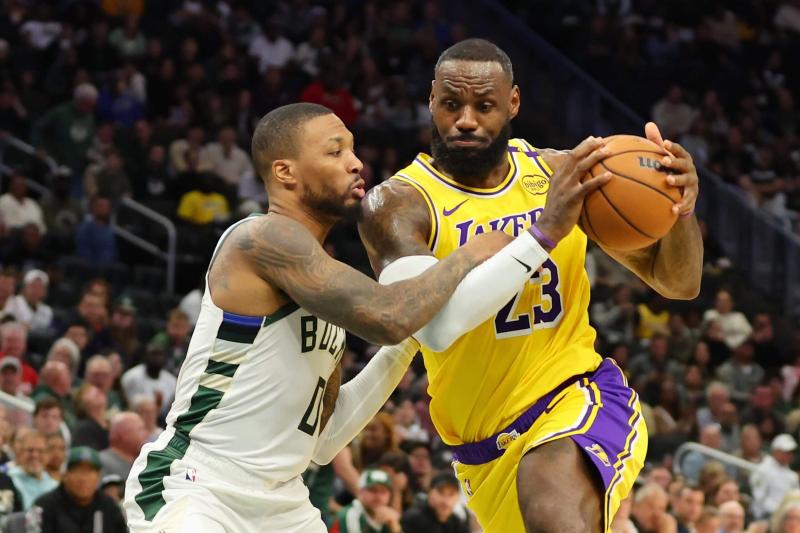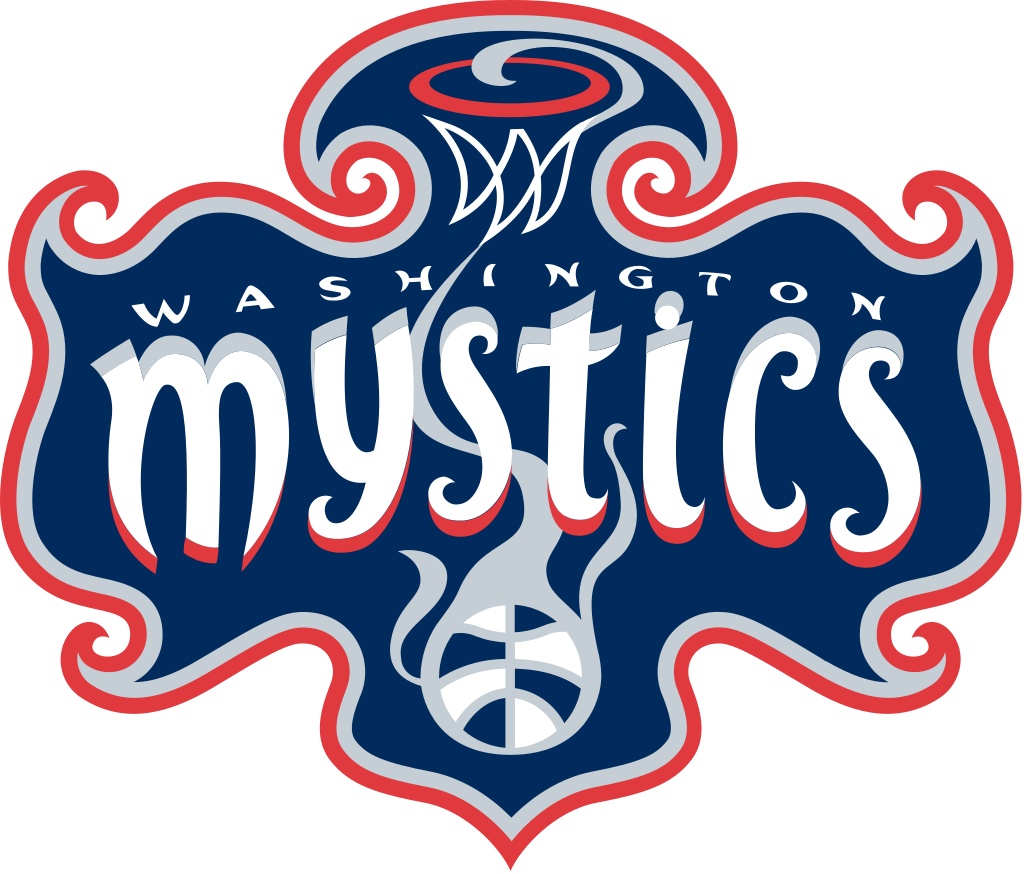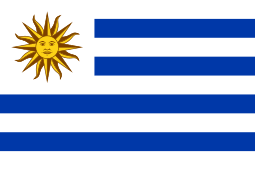Tiger Sport
TigerSport Football and Basketball Game Analysis
What I heard about Damian Lillard, LeBron, NBA expansion and more at summer league - The Athletic 


07-22 10:26Views 2825
The Las Vegas Summer League was notably quiet this year, contrasting with past events marked by major transactions. Player movement stalled beyond a few restricted free-agency cases and minor deals like two-way contracts, while top young players saw limited court time as the league collectively unwound. Team executives, overwhelmed by job seekers and decompressing after a busy transaction period, largely postponed hiring decisions, including high-level front office roles, until later in the summer.
The most discussed topic was the Portland Trail Blazers' surprising decision to re-sign franchise icon Damian Lillard to a three-year, $45 million contract. While Lillard's return to his established circle in Portland is understandable, the team's rationale raised eyebrows. The deal is highly favorable for Lillard, granting him the NBA's second active no-trade clause and a player option for 2027. He will miss the entire 2025-26 season recovering from an Achilles tear but still collect $29 million over the next two seasons ($12 million of which offsets a payment owed to Milwaukee), earning about $64 million total stretched over five years.
For the Blazers, this effectively becomes a one-year, $28 million gamble on a 36-year-old Lillard returning from injury in 2026-27, not appearing to be a hometown discount. Financially, it locks the rebuilding team into expensive commitments for Lillard, Jerami Grant, and Jrue Holiday, consuming over half the salary cap through 2027-28 if options are exercised. The timing raises questions about roster fit and whether basketball decisions are being influenced by the team's impending sale and optics for potential buyers, especially given recent extensions for GM Joe Cronin and coach Chauncey Billups seemingly aimed at patience, yet the team added veterans.
A possible basketball justification exists: Portland acquired Lillard using a nontaxpayer midlevel exception created by Deandre Ayton's buyout, viewing him as the best available player with that tool. The contracts for Lillard and Holiday reportedly have no immediate tax implications, and the deal provides an "off-ramp" if Scoot Henderson doesn't develop. This move mainly sacrifices unlikely cap room scenarios next offseason, scenarios potentially negated by future extensions for other players anyway.









































Related Comments(1196)